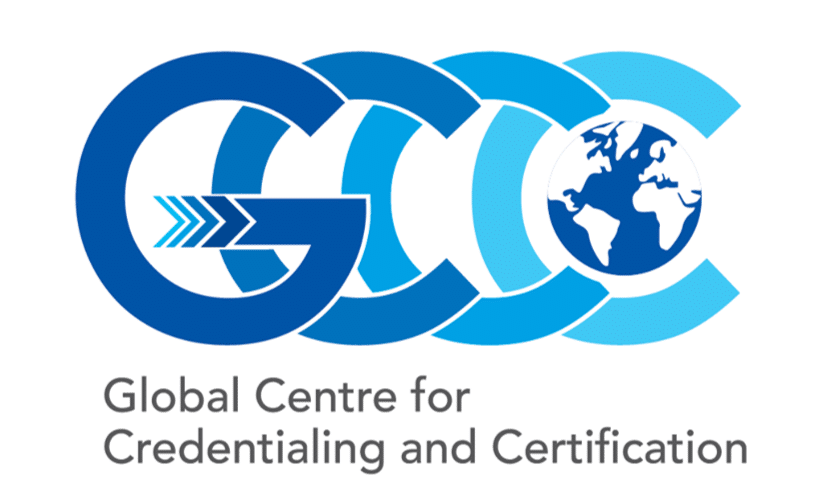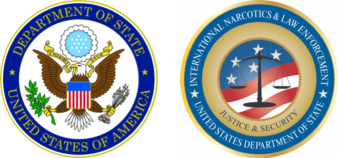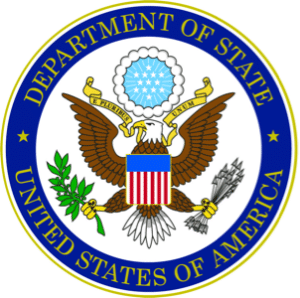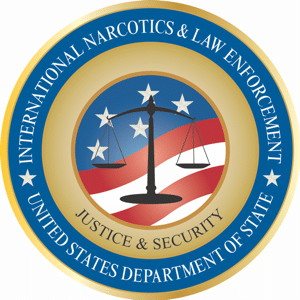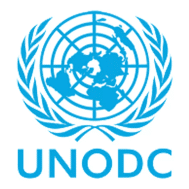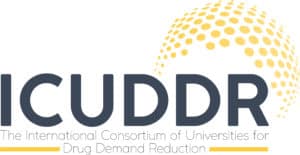About GCCC
Our Vision
As part of the Colombo Plan and its Drug Advisory Programme’s Mission, the Global Centre for Credentialing and Certification (GCCC) has the same vision of a world where everyone has access to quality services that promote health and well-being of individuals, families, and communities.
Our Mission
GCCC provides experience verification and appropriate exams to ensure that governments and other employers are hiring and utilizing the most qualified professionals to improve the likelihood of positive outcomes for individuals, families, and communities.
History
The Colombo Plan for Cooperative Economic and Social Development in Asia and the Pacific launched in 1951 and is the longest existing regional intergovernmental organization for the furtherance of the economic and social development of the region’s nations. While launched by Australia, Canada, India, Pakistan, New Zealand, Sri Lanka, and the United Kingdom it has expanded to include 27 member states. There are four permanent programs to include Programme for Public Administration and Environment, Programme for Private Sector Development, Long-Term Scholarships Programme and the Drug Advisory Programme (DAP) which began in 1973 in response to growing drug-related concerns. The Drug Advisory Programme has worked with member countries to evaluate policies and find solutions to address and encourage national efforts toward drug demand reduction. A critical initiative that has grown out of this emphasis on solutions is the need for evidence-based training to professionalize the field of substance use disorder and addiction treatment. The Asian Centre for Certification and Education of Addiction Professions (ACCE) was established in February 2009 as the training and credentialing arm of DAP, part of the global initiative funded by the Bureau of International Narcotics and Law Enforcement Affairs (INL), US Department of State. The establishment of ACCE was in response to the long-standing crisis of inadequate evidence-based programs and the lack of of trained professionals. The Colombo Plan, with guidance from INL, embarked on this initiative to develop, expand, and professionalize the field of drug demand reduction. ACCE focused on three functions: curriculum development, training and credentialing. To build the training and credentialing initiative, ACCE collaborated with the National Association of Alcohol and Drug Abuse Counsellors (NAADAC) in the USA to establish a training and certification program for professionals. By 2013 ACCE touched 1500 professionals across the region through various activities. A 12-member ACCE Commission was established in 2012 to oversee the initiative and ensure high-quality standards were met. The Commission brought together highly skilled and knowledgeable representatives from across the region. They have developed a Code of Ethics and enforcement procedure for professionals receiving credentials. In 2015 The Commission grew to 24 members to ensure representation by all participating countries. This expansion prompted a need to evolve the name from ACCE to the International Centre for Credentialing and Education of Addiction Professionals (ICCE). The name change reflected the expansion of member nations while the functions stayed the same. In 2019 ICCE further evolved to become the Global Centre for Credentialing and Certification (GCCC). The Commission composition has been maintained, financial support from INL continues, expansion to more member nations is ongoing while the focus has narrowed slightly. DAP continues the role of curriculum development and training allowing GCCC to focus on maintaining high standards, expanding the areas of certification, and ensuring countries have strong policies to promote best practices and certified service providers. The International Society of Substance Use Professionals (ISSUP) has developed to connect professionals and provide resources for the field. This evolution over the past decade to professionalize the delivery of evidence-based services in the field of prevention, treatment and recovery support is on-going. Through the engagement of professionals, policymakers, funders, and our Commission, GCCC is on a continual path to ensure those seeking services for substance use disorders receive the highest quality services to lead a life of good health and recovery.
Staff

samitha.gunasekera@colombo-plan.org
Samitha Gunasekera started her career with Colombo Plan as a Programme Secretary of the Programme for Public Administration and the Drug Advisory Programme from 1998 – 2009. In 2008, she was presented with “The Best Employee of the Year” award in recognition of her excellent service. Before joining the Global Centre for Credentialing and Certification (GCCC - formerly ICCE) as the Credentialing Programme Officer on 1 September 2014, she worked in different organizations, namely The Asian Development Bank, Sri Lanka Resident Mission, The United Nations Office for Coordination of Humanitarian Affairs (UNOCHA), Sri Lanka, and The United Nations Development Programme (UNDP), Sri Lanka. During her tenure with UNOCHA and UNDP, her responsibilities included liaising with various government ministries, departments and authorities to ensure the successful implementation of the different projects of the United Nations in Sri Lanka. At the GCCC, her primary responsibilities include coordinating with addiction professionals globally on the credentialing and certification process. In addition, she also coordinates with the GCCC Commission on matters related to credentialing and certification as well as Commission meetings held on a bi-annual basis. She was promoted as the Senior Programme Officer (Credentialing) of GCCC in 2022. Samitha believes that credentialing and certification contributes vastly to the professionalisation of the drug demand reduction workforce and endeavours to do her level best in contributing to the growth and development of the GCCC initiatives across the globe. She holds a Bachelor of Science in Management from the University College of Dublin, Ireland and Masters of Science in Project Management from Asia-e-University in Kuala Lumpur, Malaysia.

ashley.becker@colombo-plan.org
Ashley Becker, MPA is an accomplished nonprofit professional with over ten years of experience working in international and local nonprofits. She has focused on Data and Donor Relationship Management and utilized multiple digital platforms to further the overall mission and development of the organizations. Mrs. Becker received a Master’s Degree in Public Administration, with a Masters Certificate in International Policy, from Clemson University, and a BA in Journalism/Broadcasting with an emphasis in Public Relations from Oklahoma State University. She is currently supporting the Colombo Plan in Sri Lanka as one of the Programme Officers for the Global Centre for Credentialing and Certification (GCCC), formerly ICCE, promoting a professionalized workforce to reduce the demand for alcohol and other drugs. She is primarily responsible for the online curriculum development, online application portal/database development/maintenance, website development, monitoring & maintenance coordination and the overall online presence/promotion of the GCCC’s global mission. She also participates in all other credentialing activities as needed within the team.
Our Partners
Resources
©Copyright 2019 Global Centre for Credentialing and Certification (GCCC)
Wonderful Theme
